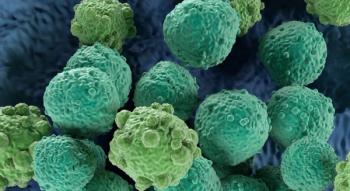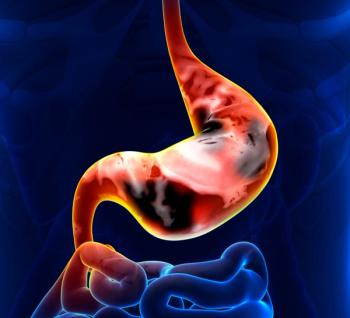
Multiple cell and gene therapy companies have been granted patents for novel technology in 2022.

Multiple cell and gene therapy companies have been granted patents for novel technology in 2022.

The move comes after the EMA recommended an additional clinical trial of sepofarsen before applying for marketing authorization.

A safety review committee approved the dose-escalation after reviewing the first cohort of patients.

GentiBio will use their proprietary regulatory T cell platform to develop the engineered therapies against multiple targets.

The 2 deaths, due to acute liver failure, occurred in patients treated in Kazakhstan and Russia.

PBFT02, developed by Passage Bio, is delivered via intra cisterna magna administration to the brain.

A single patient will be dosed with CRD-THM-001 in an upcoming trial.

The FDA recently accepted the company’s BLA for omidubicel for priority review.

A recent comparison of health-related quality of life scores also favored ide-cel over belantamab mafodotin treatment.

Marker will initiate a company-sponsored study after an initial trial at Baylor College of Medicine showed positive safety data.

The trial is being launched by the University of Florida Center for Regenerative Medicine in collaboration with RESTEM.

Avenge Bio previously presented positive preclinical data at the ASGCT 2022 meeting.

The FDA will consider RGX-121's BLA in an accelerated approval pathway.

Topline results are expected in the first quarter of 2023.

UCART2022 is an allogeneic therapy that targets both CD20 and CD22.

The announcement follows positive data updates from the ENDEAVOR and SRP-9001-101 studies.

CYTO-102 is being developed by City of Hope and CytoImmune.

CYNK-101 has previously been granted fast track and orphan drug designation.

Mustang Bio plans to add more clinical trial sites in the near future.

Data is expected in the first quarter of 2023 for both Stargardt disease and retinitis pigmentosa.

The long-term RESTORE study included data from 55 participants in previous phase 3 trials.

Most patients treated with FLT180a had elevated FIX levels over 2 years after treatment.

Recent long-term data from the phase 2 extension has also demonstrated CAP-1002's efficacy in Duchenne.

WU-CART-007 has been granted fast track, rare pediatric disease, and orphan drug designations.

Ofra-vec continues to be evaluated in phase 2 trials for glioblastoma and colorectal cancer.

Ultragenyx also exercised its option to acquire GeneTx, its partner in developing GTX-102.

PLX-PAD is also being studied for the treatment of steroid-refractory chronic graft versus host disease.

The adjustments come after the company announced a reprioritization to focus on ALLOB in September 2021.

There were not enough data at 6 months to predict expanded disability status scale (EDSS) improvements after treatment.

AVROBIO decided to deprioritize their Fabry disease gene therapy program in January 2022.